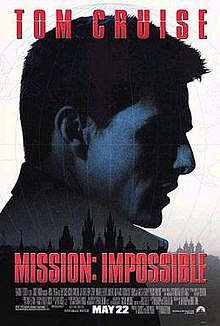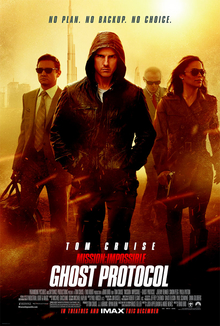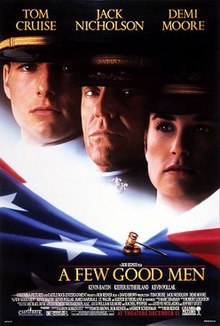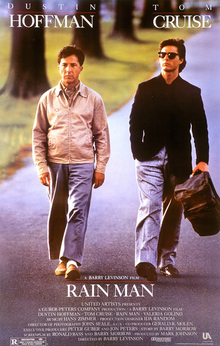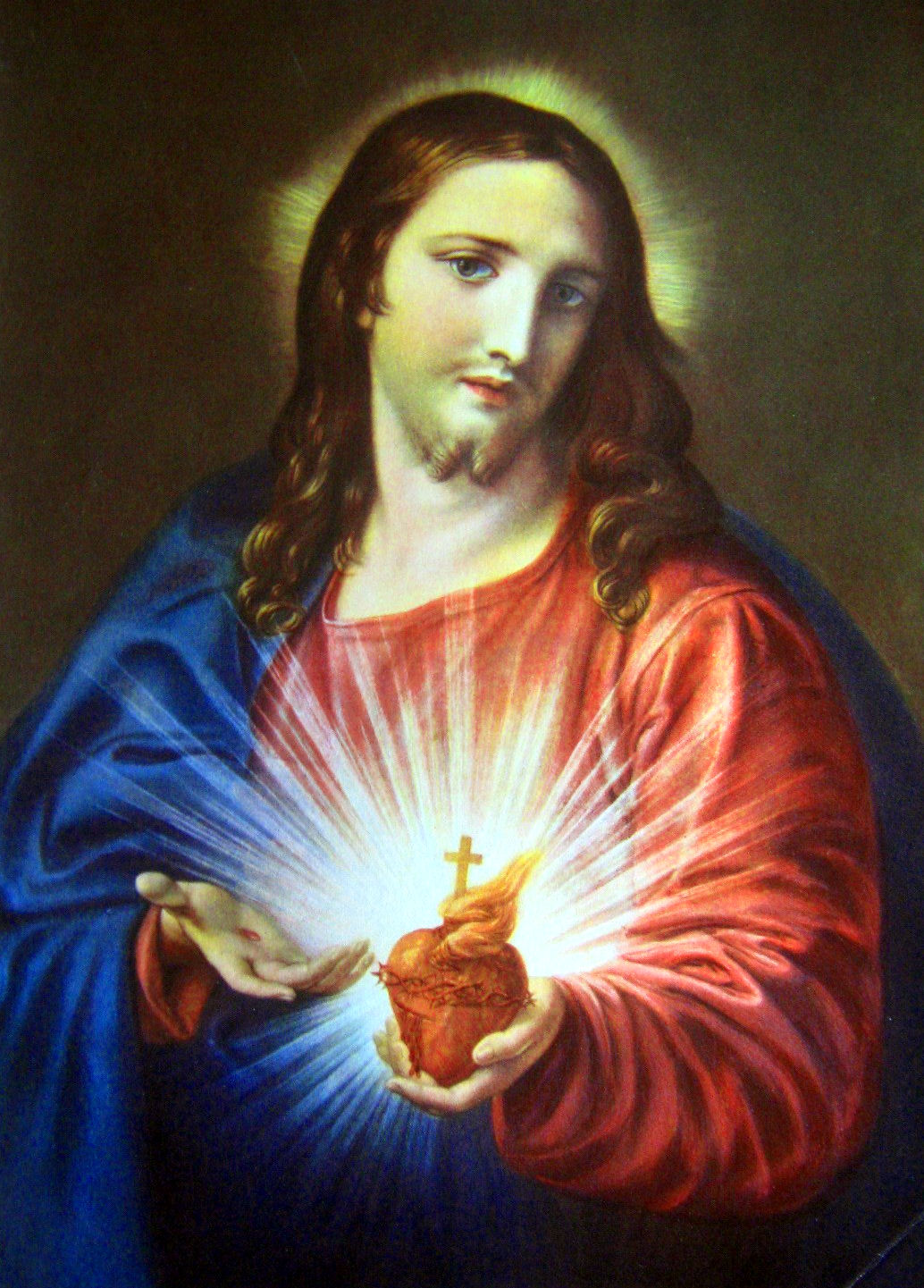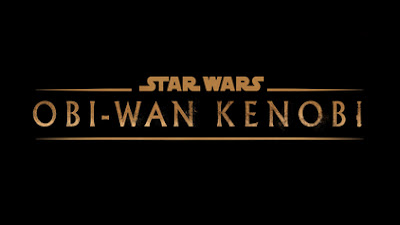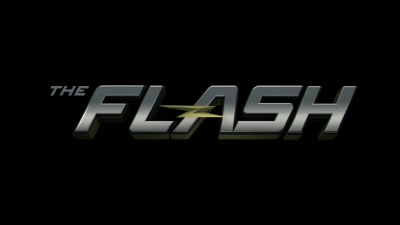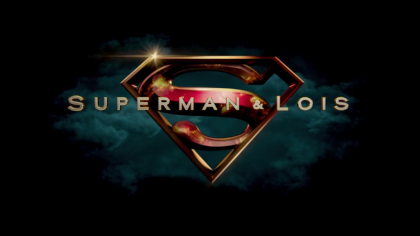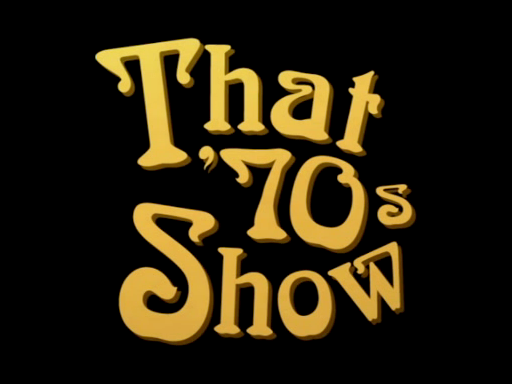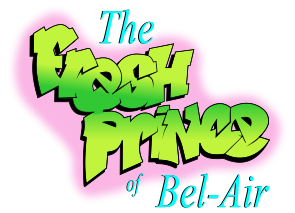This is post is very dear to my heart. It is also one of the most read posts on this blog. This makes me happy because it means more people got to hear Jakob's story and experience a small part of what made him so special.
I hope you will revisit his story again:
Jakob's Ladder
That is one of the hardest truths to learn. And even when things happen to us that reinforce this, we feel shocked and surprised.
There are many bad things that happen to us in life that we can trace back to our own sinful behavior: our addictions overtake us, our lies catch up to us, our laziness robs us of opportunities, and many other such things.
But there are times when horrible things happen no fault can be found at its cause.
That's what happened my student, Jakob, was diagnosed with cancer.
Less than two years ago, Jakob received the news towards the beginning of his junior year. I had him as a freshmen and he was always kind and quick with a smile. I never heard anyone, faculty or student, have a negative word about him.
No one ever deserves something like cancer. But it feels especially egregious when it falls on someone so young, with so much life ahead of them. The path of life ahead appears to be cut short.
The original diagnosis left us feeling more optimistic about treatment. But things did not go as hoped.
Treatments weren't having the effect desired. Jakob was even admitted to an experimental program out on the west coast that had great potential. But his cancer would not abate.
I would often think of Jakob and how each kind of obstacle was thrown in his way. He was originally in the hospital for a fractured vertebrae. Then came the cancer diagnosis. After that there was the hopeful prognosis, followed by the decline. There was the experimental treatment, but the results were not what was desired. Every time it seemed like there was a path forward for him, a new stumbling block was thrown in front of him.
Perhaps I am too self-centered, but I could not help imagining how I would cope in such a position. As I have gotten older, more anxiety and fear has crept into my life. When the smallest thing goes wrong, my stomach turns and my mind goes a whirligig. The thought of facing such an enormously painful challenge as cancer gives me such pause.
But then I saw Jakob.
Right before Valentine's Day this past year, there was a prayer service for Jakob at my parish. He was there, standing tall. He had grown into a man. His hair was gone was wearing a medical mask to protect himself from infections, a side effect of his treatments.
We prayed as a community, but then Jakob came up to the pulpit and spoke. He kept apologizing for his lack of eloquence. He wasn't there to give a fancy speech or turn a poetic phrase. He said in words plain and firm that he was good. And he was good because he knew that God was with Him the entire time.
Sometimes we talk about God's blessings or His presence like easy pleasantries, as simple as saying "God bless you" at a sneeze. We tell people we will pray for them and often we enter our prayers with distracted minds, not allowing His presence to with us.
God's presence was with Jakob.
I saw it as clear as day. I wish I had words to describe it. There was something so beautiful and peaceful in his soul, like a still sunrise over the mountains. It was not fancy, it was not ornamented. But it was real. Its lack of polish gave it more substance. He wasn't some distant saintly figure you only read about. He was real. He was right in front of us. I knew I was in the presence of holiness.
It is a cliche to say that teachers learn more from their students. In Jakob's case, that is the truth. Jakob taught me what a real, lived faith looks like. He taught me how to suffer in a way that brings hope and not despair. He taught me that it isn't about how long we spend on earth but how we live while we are here.
And he taught me that if God is with you, there are no stumbling blocks on our path. We are so laser- focused on our plans and our goals ahead of us, that we don't look above. Jakob did not see stumbling blocks. He saw stepping stones. Each one was a step that led him not to a life ahead but a life above. He turned those stumbling blocks into rungs on a ladder that led him to God.
Yesterday, Jakob reached the top of that ladder.
He is with God now and can enjoy His presence without the cross he carried so bravely.
Please pray for his family. While he is at peace, the ones who are left behind must now mourn. But just as God is with him, Jakob will be with us. In Christ, we know that death does not get the last say.
He will be us until we walk beside once more after we all climb Jakob's Ladder.




